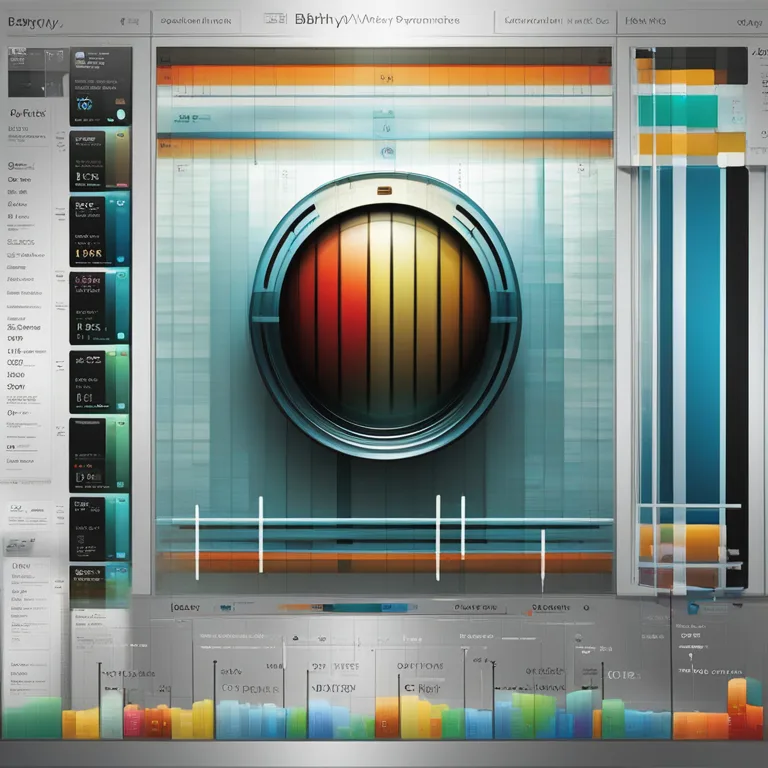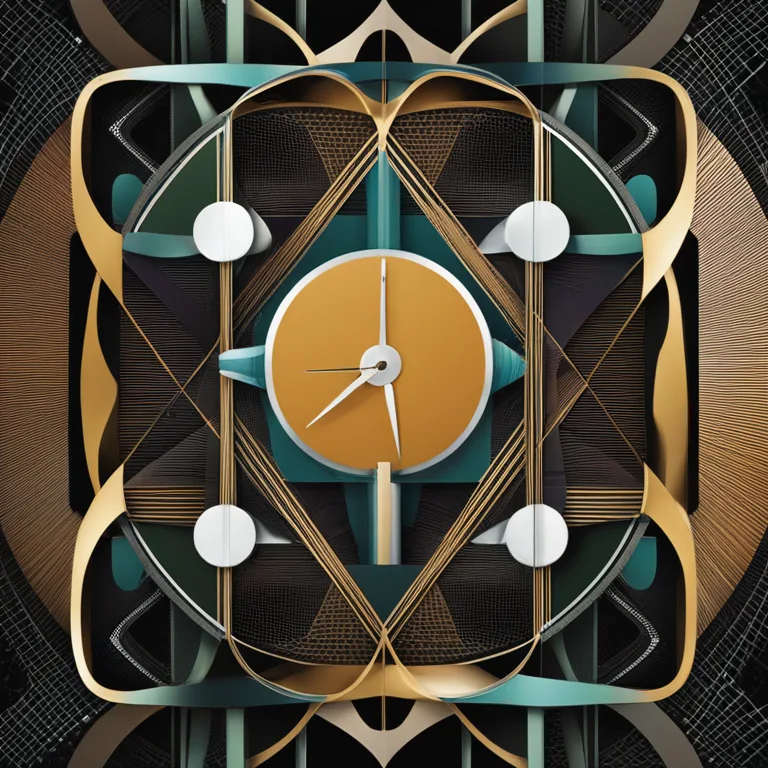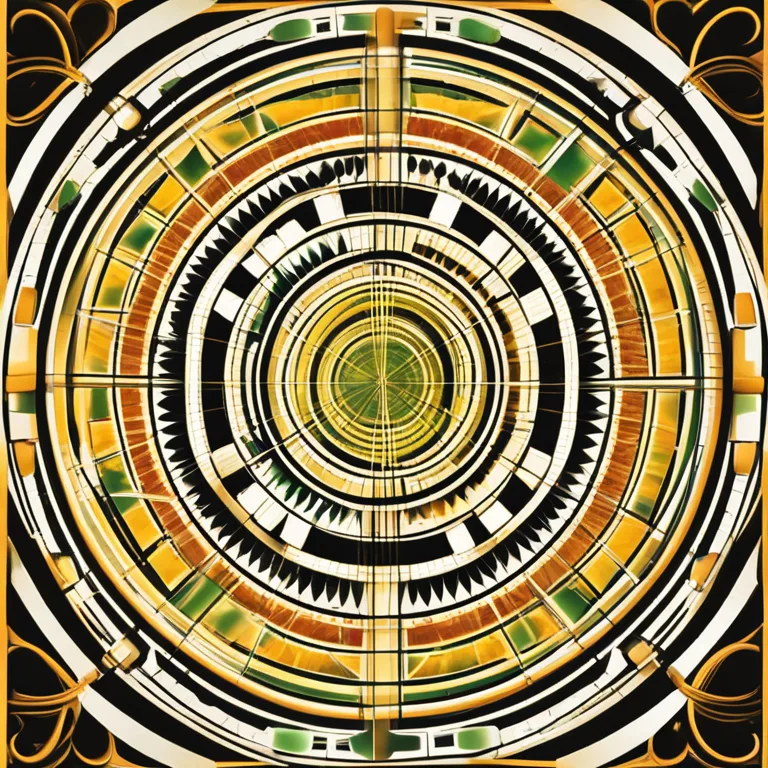
The Essence of Biorhythms: Tapping Into Life's Cycles
Discover the meaning of biorhythms and how they influence daily life, well-being, and personal growth in this insightful article.
article by Adrian Wallace
Introduction to Biorhythms
In the pursuit of understanding how our bodies operate on deeper levels, biorhythms emerge as a compelling concept that has intrigued minds for decades. Biorhythms are theoretical cycles that claim to predict various aspects of an individual's life through mathematical models. Implicit in biorhythmic theory is the belief that our daily lives are significantly influenced by rhythmic biological cycles. Although the scientific community has expressed skepticism, these cycles continue to captivate those looking for patterns in the ebb and flow of their energy, emotions, and intellect.

Foundations of Biorhythmic Theory
The study of biorhythms dates back to the 19th century, with foundational ideas attributed to Dr. Hermann Swoboda and Dr. Wilhelm Fliess. They proposed that human life is governed by natural rhythms that influence our physical, emotional, and intellectual faculties. Modern supporters of biorhythms identify three primary cycles: the 23-day Physical cycle, the 28-day Emotional cycle, and the 33-day Intellectual cycle. Each cycle has high, low, and critical phases that supposedly impact our capabilities and moods.

Biorhythms Today: Technology and Personalization
With the advent of digital technology and personalized health trends in 2024 and beyond, biorhythms have found new life through innovative apps and online platforms. These tools calculate individual biorhythms using birth dates and claim to provide daily insights. Users can monitor their cycles and potentially make more informed decisions about their activities, health, and relationships. This personalized approach has rekindled interest in biorhythm theory, despite ongoing discussions about its empirical validity.

Critiques and Perspectives in Biorhythm Research
The field of chronobiology, which studies the timing of biological rhythms, is well-established, yet it differentiates itself from the more personalized nature of biorhythms. Critics argue that biorhythms lack scientific evidence and that their predictions are too general to be useful. Nonetheless, some researchers recognize value in considering cyclic patterns in human behavior, suggesting that even if biorhythms aren't an exact science, they could prompt individual awareness and introspection about one’s personal cycles and habits.

Applying Biorhythms in Daily Life
Despite the controversies, many are drawn to the practice of tracking biorhythms for personal growth and well-being. Enthusiasts suggest aligning significant activities with the high phases of the relevant cycle and taking care during the low or critical phases. Whether it is preparing for a sports event, managing emotional well-being, or planning intellectual work, they believe biorhythms can provide additional guidance alongside other well-being practices.
The Integrative Potential of Biorhythms
As holistic and integrative health approaches gain traction, the concept of biorhythms finds its place among a suite of tools aimed at enhancing self-awareness and overall health. While not a standalone science, it can coexist with practices like meditation, yoga, and biofeedback. Biorhythms offer another lens through which individuals can view their life patterns, coinciding with the broader trend toward personalized health monitoring and self-care strategies.
Future Directions for Biorhythm Enthusiasts
The interest in biorhythms points toward a future where individuals embrace various methodologies to enhance life quality. Integrating biorhythmic insights with emerging wellness technologies and data analytics may offer novel ways to explore human potential. Regardless of scientific standing, biorhythms continue to captivate, providing a framework for curious minds to ponder the rhythms of their existence.
Published: 12/28/2023
Modified: 12/28/2023
More predictions
Come back here soon to learn more about yourself and your future


Biorhythm Insights: Patterns of Life's Peaks and Valleys
Discover the intriguing concept of biorhythms and see practical examples of how these physiological cycles might influence our daily lives.


Biorhythm Compatibility and Birth Dates: The Connection Revealed
Discover how biorhythm compatibility based on birth dates can influence personal connections and relationship dynamics.